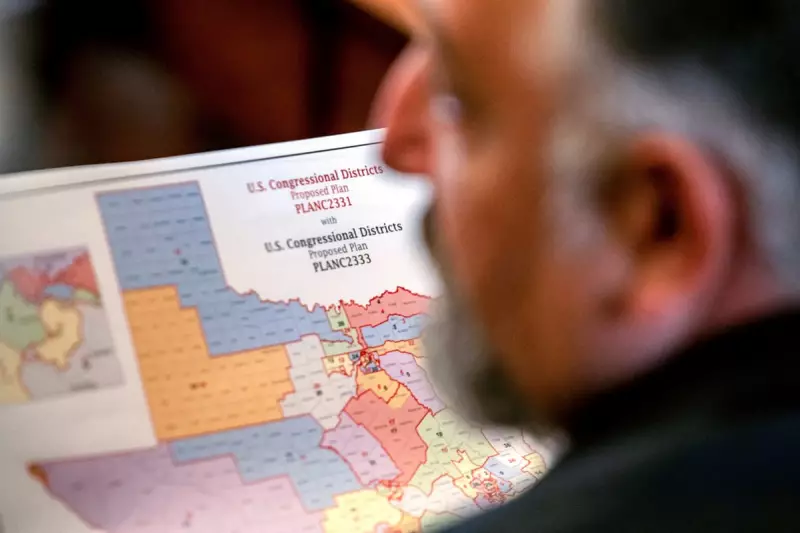
In a move that has ignited fierce debate across the American political landscape, Republican lawmakers in Texas have pushed through a comprehensive redistricting plan that could reshape the state's electoral landscape for years to come.
A Political Chessboard Redrawn
The newly approved map, passed along strict party lines, creates significant advantages for Republican candidates while dismantling districts that have historically elected minority representatives. Legal experts anticipate immediate challenges under the Voting Rights Act, arguing the plan systematically reduces the political influence of growing Hispanic and African American communities.
Consolidating Power
Analysis of the redistricting proposal reveals several concerning patterns:
- Multiple minority-opportunity districts have been eliminated or significantly altered
- Republican-leaning rural areas gain disproportionate representation
- Urban centres with diverse populations see their voting power fragmented across multiple districts
- The map creates several new safe Republican seats while putting Democratic incumbents at risk
The Legal Battlefield
Voting rights organisations have already begun preparing litigation to challenge what they describe as one of the most aggressive gerrymandering efforts in recent memory. The Brennan Center for Justice has documented how the new boundaries appear to violate constitutional protections against racial discrimination in voting.
"This isn't just politics as usual," explained University of Texas political science professor Dr Elena Rodriguez. "What we're witnessing is a fundamental restructuring of political representation that could lock in one-party control regardless of how Texans actually vote."
Demographic Reality Versus Political Boundaries
Texas has experienced remarkable demographic transformation over the past decade, with communities of colour driving nearly all population growth. However, the new district boundaries appear designed to minimise the political consequences of these changes, creating what critics call "representation without proportionality."
National Implications
As the second-largest state in the nation, Texas's redistricting decisions carry weight far beyond its borders. The outcome of the inevitable legal challenges could set precedents affecting how states approach redistricting nationwide, particularly following the Supreme Court's 2013 decision that weakened federal oversight of voting laws in states with histories of discrimination.
With the 2026 elections on the horizon, the battle over Texas's political map represents more than just lines on paper—it's a fundamental struggle over the meaning of representative democracy in America.






